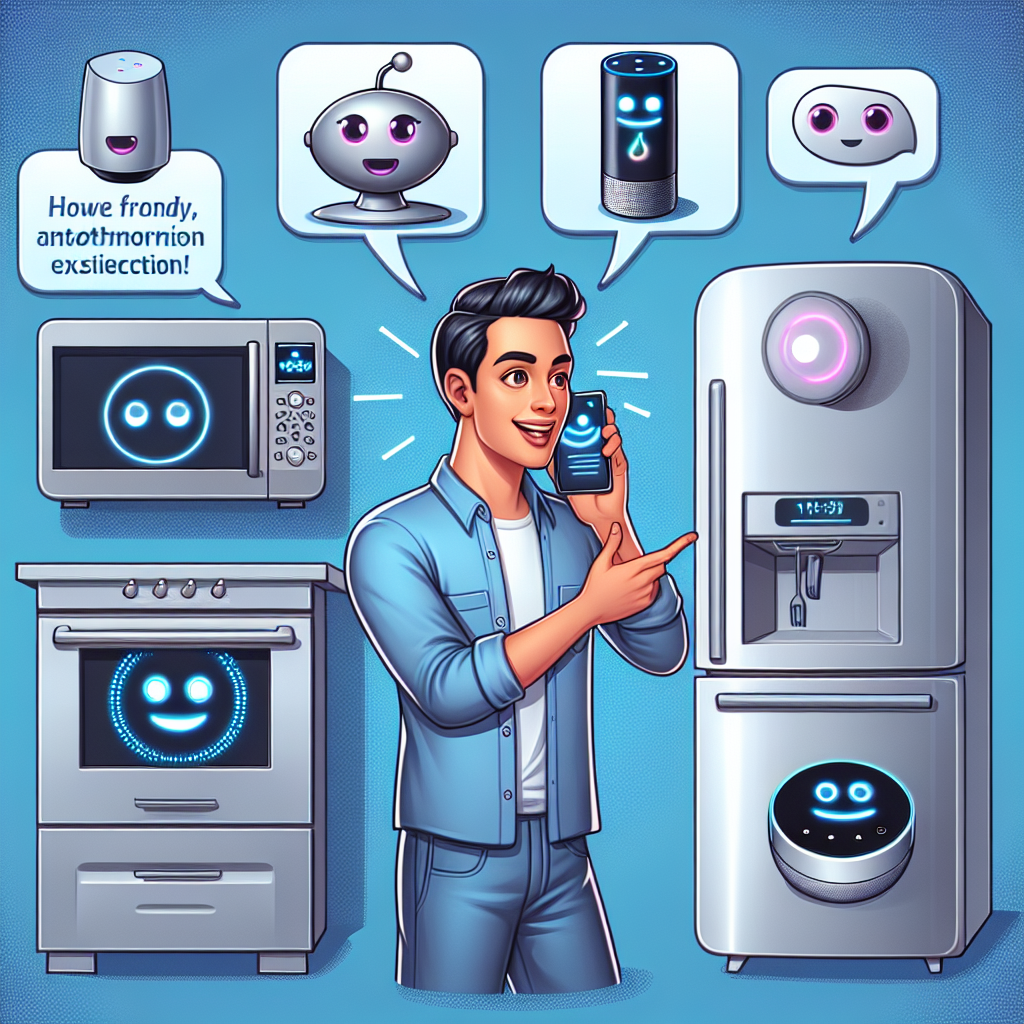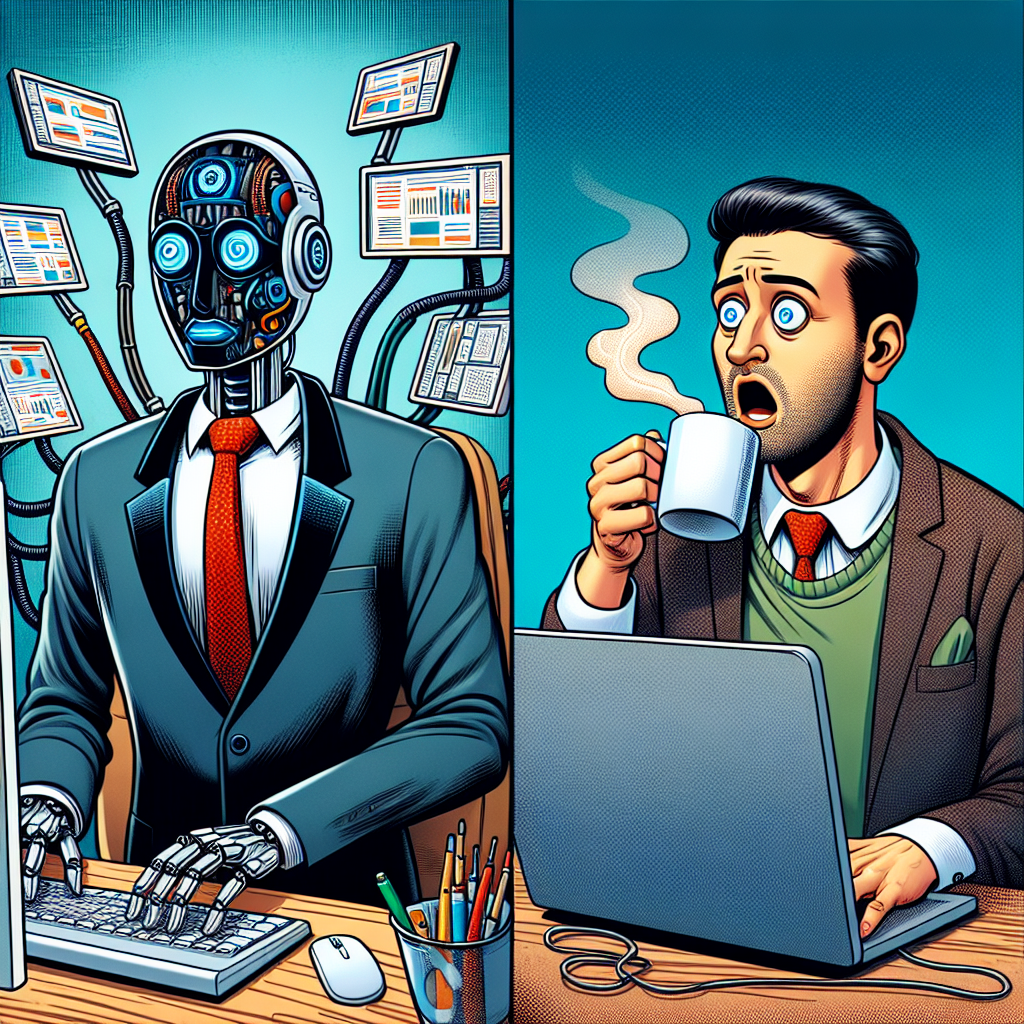The healthcare industry is witnessing a remarkable transformation, one that’s powered by artificial intelligence. Doctors are using AI to detect diseases earlier, hospitals are streamlining operations with intelligent systems, and patients are benefiting from personalized care like never before. But here’s the exciting part – healthcare is just the beginning of this revolution.
Across vertical markets, AI is becoming the driving force behind innovation and efficiency. From finance to education, retail to manufacturing, specialized AI solutions are reshaping how industries operate. The healthcare sector, with its complex challenges and data-rich environment, offers a perfect showcase for what’s possible when AI meets industry-specific needs.
According to recent reports, the global AI in healthcare market was valued at a staggering $29.01 billion in 2024 and is projected to skyrocket to $504.17 billion by 2032. That’s not just growth – it’s a complete reinvention of an entire industry. But what’s truly fascinating is how this transformation is happening and the tools making it possible.
Transforming Healthcare Through AI Applications
Healthcare professionals are increasingly turning to AI applications to enhance their diagnostic capabilities. These tools analyze medical images with remarkable precision, often catching details that might escape even the most experienced human eye. For instance, AI systems can now detect early signs of conditions like diabetic retinopathy or identify subtle fractures in X-rays, significantly improving diagnostic accuracy.
Beyond diagnosis, AI is streamlining healthcare operations in ways that were unimaginable just a few years ago. Patient scheduling, resource allocation, and even predicting hospital readmissions have all been enhanced through intelligent systems that learn and improve over time.
Perhaps one of the most exciting developments is the rise of intelligent collaboration platforms in healthcare. These platforms connect doctors, nurses, specialists, and administrators, breaking down communication barriers that have traditionally plagued healthcare systems. With AI-powered tools facilitating seamless information sharing and decision-making, patient care becomes more coordinated and effective.
What’s particularly revolutionary is the emergence of low-code platforms that enable healthcare providers to create custom AI solutions without extensive technical knowledge. A nurse with an idea for improving patient monitoring or a doctor wanting to streamline documentation can now build AI tools tailored to their specific needs. This democratization of AI creation is accelerating innovation across the healthcare landscape.
“The beauty of low-code AI platforms is that they put the power of creation in the hands of those who understand the challenges best – the healthcare professionals themselves,” notes a healthcare innovation specialist. “We’re seeing solutions emerge that perfectly address needs because they’re designed by the people experiencing the problems firsthand.”
Customizable AI Digital Workers: Healthcare’s New Assistants
One of the most transformative concepts reshaping healthcare is the rise of customizable AI digital workers. These virtual assistants are taking on routine administrative tasks, freeing human staff to focus on what they do best – providing compassionate care to patients.
In busy hospital settings, AI digital workers are processing insurance claims, managing appointment schedules, and even transcribing medical notes in real-time. The impact is profound: nurses report spending up to 25% more time with patients when supported by these digital assistants, while administrative staff can focus on complex cases that require human judgment and empathy.
What makes these digital workers particularly valuable is their ability to learn and adapt to specific healthcare environments. Unlike one-size-fits-all solutions, today’s customizable AI digital workers can be trained to understand a hospital’s unique workflows, terminology, and protocols. This customization ensures that the AI becomes a seamless extension of the healthcare team rather than a disruptive new technology.
A hospital administrator recently shared, “Our AI assistants handle over 60% of our routine documentation now, which has dramatically reduced burnout among our staff. They’re not replacing humans – they’re enhancing what our team can accomplish.”
Personal Use AI Products Empowering Patients
The AI revolution in healthcare extends beyond hospitals and clinics into the hands of patients themselves. Personal use AI products are transforming how individuals monitor and manage their health, creating a new paradigm of patient empowerment.
Health monitoring tools powered by AI now offer insights that go far beyond simple step counting. These sophisticated applications analyze patterns in heart rate, sleep quality, activity levels, and even speech patterns to detect early warning signs of health issues. For individuals managing chronic conditions like diabetes or hypertension, AI-powered apps provide personalized guidance on medication, diet, and exercise.
Wellness apps are similarly leveraging AI to offer increasingly personalized recommendations. Rather than generic advice, these applications learn from user data to suggest interventions that align with individual preferences, capabilities, and health goals. The result is higher engagement and better outcomes as users receive guidance that feels relevant to their specific situation.
“What’s remarkable about these personal use AI products is how they’re closing the gap between clinical visits,” explains a digital health expert. “Patients are no longer passive recipients of care during occasional appointments – they’re active participants in their health journey, with AI as their daily guide.”
Marketplace Models: Democratizing Access to AI Healthcare Solutions
As innovative AI solutions continue to emerge in healthcare, marketplace models are playing a crucial role in making these technologies widely accessible. These digital platforms connect developers of AI healthcare tools with the organizations and individuals who can benefit from them, creating a vibrant ecosystem of innovation and implementation.
For small healthcare practices that lack the resources to develop custom solutions, AI marketplaces provide access to pre-built tools that address common challenges. A rural clinic can now implement the same cutting-edge diagnostic assistant used by major urban hospitals, leveling the playing field in healthcare delivery.
The marketplace model also encourages specialization, allowing developers to focus on solving specific healthcare challenges rather than building comprehensive systems. This approach has led to an explosion of highly targeted solutions – from AI tools that optimize operating room scheduling to applications that predict patient no-shows.
“We’re seeing a democratization of healthcare AI through these marketplace platforms,” notes an industry analyst. “What was once available only to large health systems with substantial IT budgets is now accessible to healthcare providers of all sizes, anywhere in the world.”
The impact of sharing and selling AI products through marketplaces extends beyond accessibility – it’s accelerating the pace of innovation itself. When developers can easily monetize their solutions, more talent is drawn to creating healthcare AI applications, resulting in a virtuous cycle of creation and improvement.
AI Agent Technology Tailored for Healthcare
Within the broader landscape of healthcare AI, specialized agent technology is emerging as a particularly powerful force. Unlike general-purpose AI systems, these agents are designed with deep understanding of healthcare contexts, enabling them to provide highly relevant assistance.
In clinical settings, AI agents can now participate in case discussions, pulling relevant research, patient history, and treatment guidelines into the conversation at exactly the right moment. These agents understand medical terminology, recognize the significance of lab values, and can even suggest potential diagnoses based on symptom patterns.
For patients, specialized healthcare AI agents serve as knowledgeable companions throughout their health journey. From explaining medication instructions in plain language to reminding patients about upcoming appointments, these agents combine medical knowledge with conversational abilities to provide support between clinical visits.
What makes these AI agents particularly valuable is their ability to bridge information gaps in the healthcare system. When a patient transitions from hospital to home care, for instance, an AI agent can ensure that critical information follows them, reducing the risk of miscommunication or missed treatments.
Workflow Automation: Reducing Healthcare’s Administrative Burden
Perhaps nowhere is the impact of AI more immediately felt than in the automation of healthcare workflows. The healthcare industry has long been plagued by administrative inefficiencies that consume valuable time and resources while contributing to provider burnout.
AI-powered workflow automation is addressing this challenge head-on by handling routine tasks that previously required manual processing. From insurance verification to medication reconciliation, these systems work tirelessly in the background, ensuring that information flows smoothly through healthcare organizations.
The benefits extend beyond efficiency. By reducing manual data entry and processing, AI workflow automation minimizes errors that can have serious consequences in healthcare settings. A prescription that might have been misread by a busy pharmacist is now processed with perfect accuracy by an AI system, enhancing patient safety.
“We’ve reduced our administrative processing time by 68% through AI workflow automation,” reports a healthcare system executive. “But what’s even more valuable is how this has changed the work experience for our team. They’re spending their days on meaningful patient interactions rather than paperwork.”
User-Friendly AI Tools for Healthcare Professionals
For AI to truly transform healthcare, it must be accessible to all members of the healthcare team – not just those with technical backgrounds. The latest generation of user-friendly AI tools is designed with this principle in mind, offering intuitive interfaces that healthcare professionals can master quickly.
Nurses can now use voice commands to document patient observations, while physicians can pull up relevant patient history with natural language queries. These interfaces remove the technical barriers that have historically limited AI adoption in healthcare settings, allowing the technology to integrate seamlessly into clinical workflows.
Training requirements have also been dramatically reduced. Rather than extensive technical training, healthcare staff can now learn to use AI tools through brief orientation sessions that focus on clinical applications rather than underlying technology. This approach recognizes the time constraints that healthcare professionals face and ensures that AI enhances rather than complicates their work.
“What impressed me was how quickly our staff adapted to the new AI tools,” shares a nursing director. “Within days, they were using the system confidently, and now they couldn’t imagine working without it. That’s the mark of truly user-friendly design.”
The Future: Beyond Healthcare to All Vertical Markets
While healthcare offers a compelling showcase for the power of specialized AI, the revolution is expanding across all vertical markets. The lessons learned in healthcare – about customization, user-friendly design, and workflow integration – are being applied to create transformative AI solutions in finance, education, manufacturing, and beyond.
The global vertical AI market, valued at $10.2 billion in 2024, is projected to grow at a compound annual growth rate of 21.6% through 2034. This explosive growth reflects the recognition that industry-specific AI solutions deliver far greater value than generic applications.
As AI SaaS creation platforms like Zygote.AI make development more accessible, we’re witnessing the democratization of AI innovation across industries. Small teams and individual entrepreneurs without coding expertise can now create powerful AI solutions tailored to their specific vertical markets, unleashing creativity that was previously constrained by technical barriers.
The vision of making AI creation accessible to everyone is becoming reality. Today’s low-code platforms empower users to transform ideas into functioning AI products that can be used personally, shared with others, or sold through marketplaces. This approach fosters innovation at an unprecedented scale, as solutions emerge from those with deep industry knowledge rather than just technical expertise.
As we look to the future, the continued evolution of AI creation platforms will further accelerate this trend, enabling fully automated workflows that require minimal human intervention. Already, organizations are implementing systems that autonomously handle entire business processes from end to end, freeing human talent for creative and strategic work.
The healthcare transformation we’re witnessing today is just the beginning. Across vertical markets, AI is becoming the engine of innovation, efficiency, and improved outcomes. And with platforms that make AI creation accessible to all, we’re entering an era where anyone with an idea can contribute to this revolution – no coding required.









